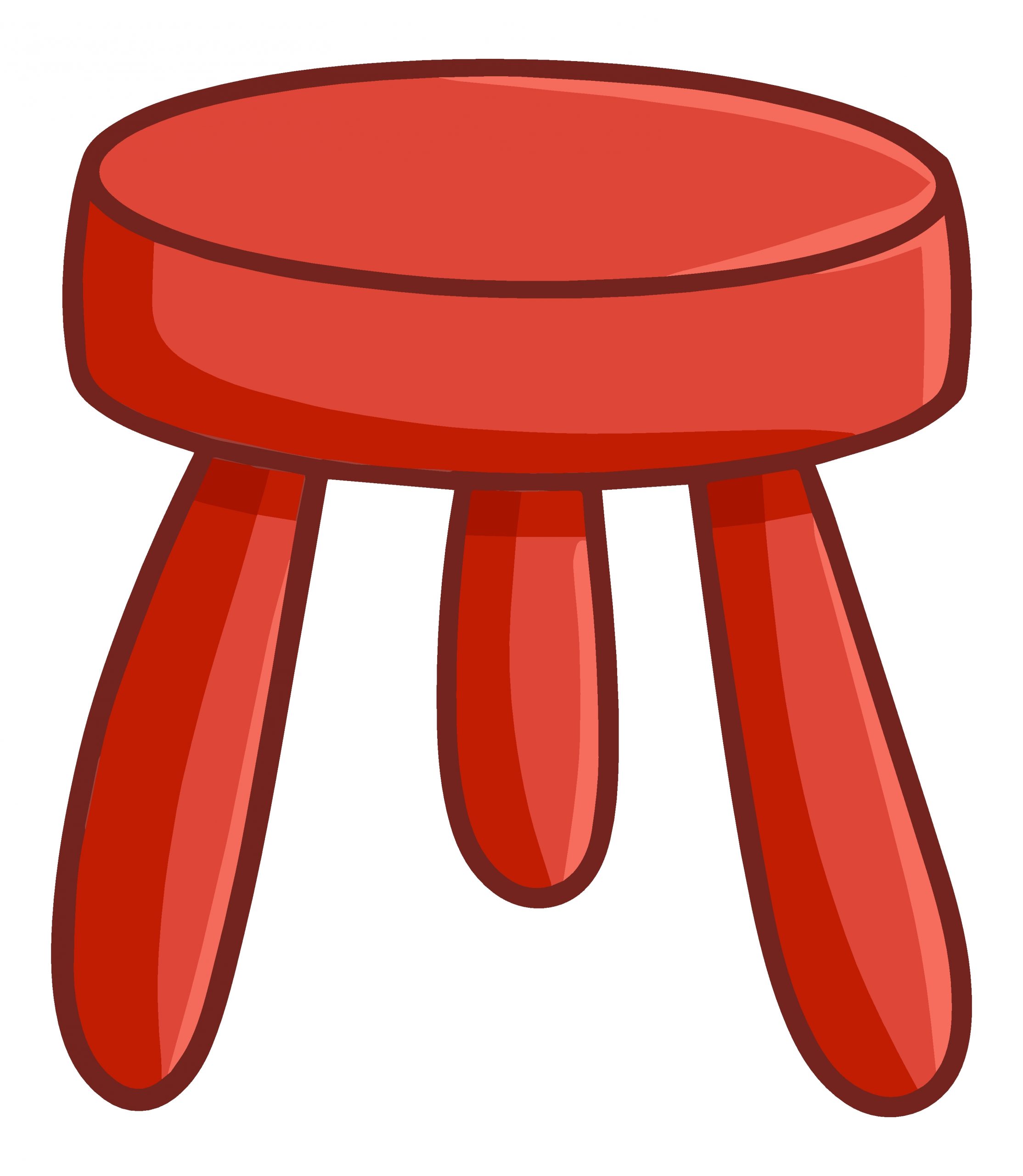We keep hearing about how the U.S. needs to build or rebuild its infrastructure. The term generally encompasses everything from roads and bridges to power lines and broadband. During the current coronavirus crisis, we’re also realizing that our hospitals and medical system need “surge capacity”, the ability to meet demand by rapidly scaling up from small to large.
The pandemic has revealed glaring flaws and holes at every level of our economic system. We’ve discovered that in a crisis, our supply chains need more flexibility than they currently have. And the same is true of our leaders. Those of us who work to develop leadership understand that another kind of infrastructure must be built as well, one that supports having flexible and empathetic leaders with human-centered skills.
To cope, survive, succeed and thrive in the coming years, leaders will need to have capacity in three areas: emotion, growth mindset and practice. Think of it as a three-legged stool on which they can rest, the infrastructure they can rely on to be their whole selves and part of the whole.
For those used to calculating ROI only in numbers and shareholder value, it will seem a herculean task to understand and integrate a complex world, well beyond the ken of past leadership development.
Are leaders now being asked to be superhuman? Can we reasonably expect them to address the impact environmental degradation will inevitably have on revenue, to integrate massive advances in digital technology, to engage and empower employees and followers, and to deliver strong financials, all at the same time?
The answer is yes, leaders can be and do all these things if leadership and organizations are developed in a way that stresses humanity and realness. We humans have many limitations including our unconscious biases, fear of and reactions to making mistakes, and our need for psychological safety. We also have five senses that, when we pay attention, feed amazing information to our brain and nervous system. We have capacity for life-long learning, physical strength and endurance, and an inherent adaptability to course correct when necessary.
Which brings us back to the three-legged stool. The legs are the three aspects of being flexible and bringing body, mind and spirit to all interactions. In other words, being fully human.
* One of the legs is, of course, emotion. Let’s use the example of emotional intelligence. Easy to say but hard to achieve! The term is well-known and widely used in business to describe those who never treat people like automatons and act with compassion and empathy.
Leaders with emotional intelligence understand and feel the resonance between themselves and their followers, and know the energy it can create for making progress toward difficult goals. In other words, it is what underpins successful interpersonal relationships.
Emotion is also a key to memory as the brain uses it to remember important events and facts. And it is necessary for motivation. We don’t accomplish anything that is not motivated by some emotion: anger, fear, excitement, joy… Emotion is necessary for loving and feeling loved and comforted. After focusing for so many years on rationality, we are not as emotionally integrated as we may need to be.
- The second leg is a growth mindset. Carol Dweck, a professor and researcher at Stanford, coined the term to describe a mindset that enjoys a challenge and is motivated by failure –motivated to learn more that is. The growth mindset is open to learning and adaptation.
For many years, only academics understood what this meant. The world was in the thrall of a more fatalistic and closed mindset, one that shames for failure and mistakes. Since the publication of Dweck’s book in 2006, time after time, her research has proven true. Now more and more organizations are not only aware of the concept but actively pursuing a growth mindset, with great success.
Maintaining this mindset does require vigilance, as old thinking tends to creep in. Systems thinking and critical thinking can also fit into this category of being open to out-of-the-box solutions. Tellingly, a recent Deloitte report concluded that, “Given the rapid pace of Industry 4.0, hiring for mindset rather than skills may be the key to longer-term talent success.”
- The third leg is practice, the key to all skills. For some reason, we readily recognize that it requires thousands of hours of practice to be a world-class athlete, and we know how long it takes children to learn to walk, read or ride a bicycle. Yet we resist practicing different or new behaviors ourselves.
We humans tend to look for validation from our tribe, the people who think like us, and avoid those who might challenge us to learn, feel, or try something new. But we also love novelty. Seeking novelty and needing consistency at the same time is a challenge.
It is an unfortunate reality that it often takes a crisis to get us to move out of our comfort zone and try something different. Creating a new leadership infrastructure to help us emerge from the crisis we are in now will require practicing new things until we get them right. We need leaders who are prepared to travel a new path and become skilled at a new way of being.
The first step to integrating a different concept of leadership and infrastructure for leadership development is to accept our individual and shared humanity, all the limitations imposed on us by our biology and human history. We must reintegrate our emotions, mind and body in any learning endeavor. And our institutions and organizations must change to support a different way of being, a different way of leading.

